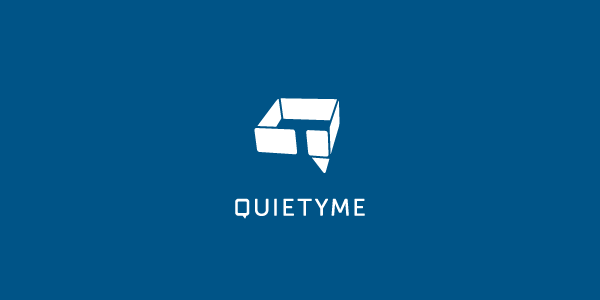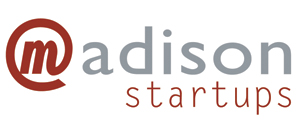
Quietyme is a company specializing in noise monitoring technology, providing noise monitoring solutions mainly to apartment, hotels and hospitals looking to reduce financial loss due to noise disturbances.
Before launching Quietyme, CEO and co-founder John Bialk managed apartment properties and was finding that tenants were moving due to noise issues. When he looked into solving the problem, Bialk found that there was nothing on the market to proactively monitor noise and contain it before it got to be a problem. Together, he and current CTO Jonathan Narwold worked together to develop a product that could monitor noise and report it.
“Quietyme is unique in that it proactively monitors noise, allowing it to be stopped before it becomes a problem,” COO Huey Zoroufy said. “It helps companies stop having to give out refunds or be penalized due to noise problems.”
Bialk and Norwold founded the company in 2013 and went through the gener8tor accelerator program shortly thereafter. Quietyme has been actively selling its product since late 2014, and its largest clients are hospitals, including the UW Hospital. It also is close to finishing its first international installation, in several hospitals in India.
For hotels, hospitals and apartment buildings, problems with noise can be bad for business. Hotels can easily fix a problem like slow Internet access, but the only thing they can do for a noise complaint is offer a refund or reduced price on their stay. Meanwhile, hospitals can see a reduction in their Centers for Medicare & Medicaid Services reimbursement if the results of their patient surveys are below the national average.
Quietyme provides a solution for all of those problems by allowing businesses to pinpoint the exact source of the noise and deal with it before it becomes a problem. The system consists of one central hub and several wireless sensors placed throughout the business that measure decibel levels every second and transmits the data back to the central hub.
The software developed by Quietyme then analyzes the data and checks noise levels. It can then either offer solutions for companies to reduce noise or alert them when noise levels get too high. This allows hotels and hospitals to constantly monitor for disturbances and apartments to figure out exactly what happened when a noise complaint is reported.
“So far our clients have been extremely happy using Quietyme,” Zoroufy said. “They’ve been telling us that it has made their job much easier and helped improve their customers’ experience.”
In the future, Quietyme is looking to expand from just offering noise monitoring to being an Internet of Things service provider for businesses. The company hopes that businesses will use its network to add other IoT devices to help them streamline their operations and solve business problems they are facing.

